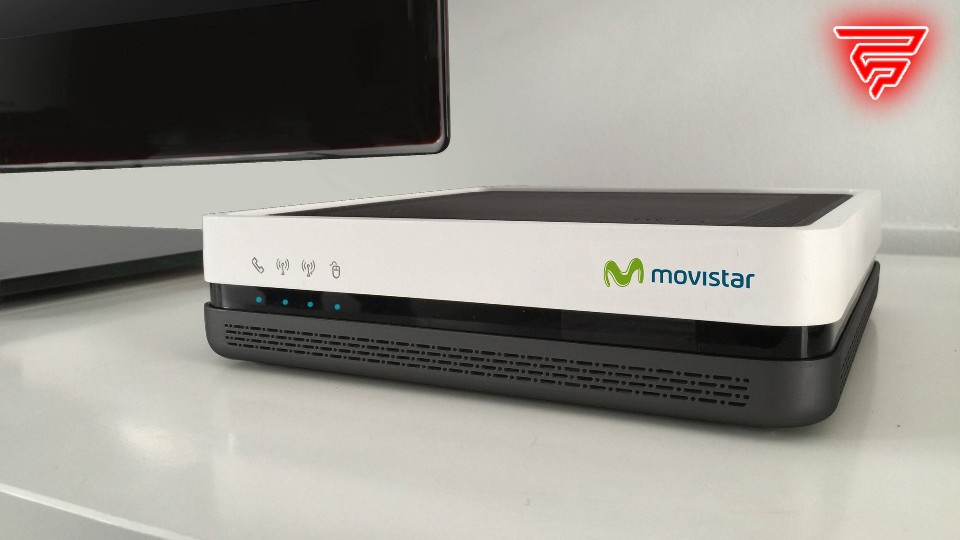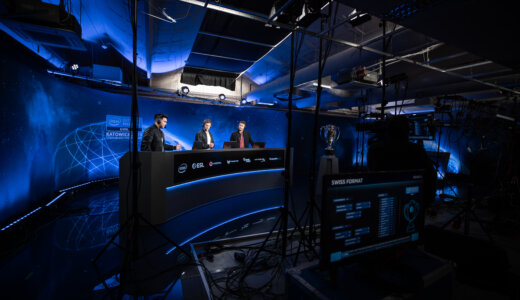The choice of whether to use cable or Wi-Fi is a difficult one. Each type of Internet connection has its advantages and disadvantages, so if we do not choose well, our user experience may not meet our needs or may even be very poor.
Some people still find it challenging to know when Wi-Fi is preferable to cable, so we will give you a guide to clarify your doubts.
Wi-Fi or wired Internet
A wireless connection to the Internet is known as Wi-Fi and can be made between a router and other devices. This form of connection establishes the traditional way of receiving and sending that allows bidirectional communication using radio waves in circles going in two directions. A Wi-Fi network can support multiple devices connected at the same time.
Thus, “uplink” refers to the signal the router receives from the device. At the same time, “downlink” refers to the signals the device receives from the router. The waves may encounter various obstacles along their path, may be subject to sources of interference from other waves using the same frequency, and will also become weaker with distance.
On the other hand, when using wired Internet, this two-way communication also occurs between the device and the router; however, the difference is that a cable is used to connect the two. This cable has the potential to limit the connection speed. So it must be able to operate at the maximum internet connection speed.

Credits: Pixabay
Advantages and disadvantages of different types of Internet connections
Wi-Fi Internet connection
Advantages
- Multiple devices can be connected quickly and easily.
- It will not be necessary to manage the wiring.
- We will have Internet access from several places in the house.
- With our devices, we can move around and stay connected.
Disadvantages
- The connection speed is reduced as the distance increases.
- Increased sensitivity to interference and barriers.
- Performance can vary greatly, and latency can be very high.
- More prone to tiny drops, which can briefly break the connection.
These connections are the best choice for connecting laptops and mobile devices and for using streaming systems that do not require a lot of speed or stability. Likewise, it can be the ideal choice for setting up multi-device situations without investing significantly in connections and cables.
Wired Internet connection
Advantages
- High performance.
- Less sensitive to distance and interference.
- Provide greater stability.
- Very low latency.
- Rarely experience connection drops.
Disadvantages
- Since only one device per cable is allowed, it is not practical for multi-device environments.
- The limited range makes it difficult to carry a wired connection to another room without using a PLC.
This type of connection is ideal for a gaming PC, game console, or cloud gaming device that requires fast speed, extremely low latency, and overall stability.
It is important to note that there can be a significant difference between wired and Wi-Fi internet connection in terms of latency and stability.
Header: Beaqueen93 | Twitter







